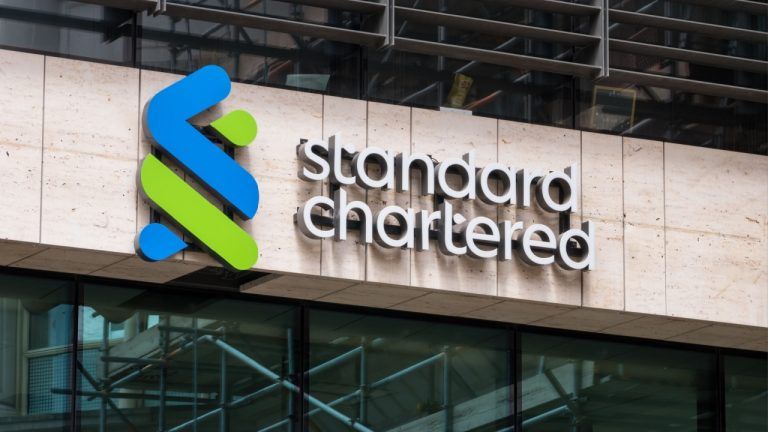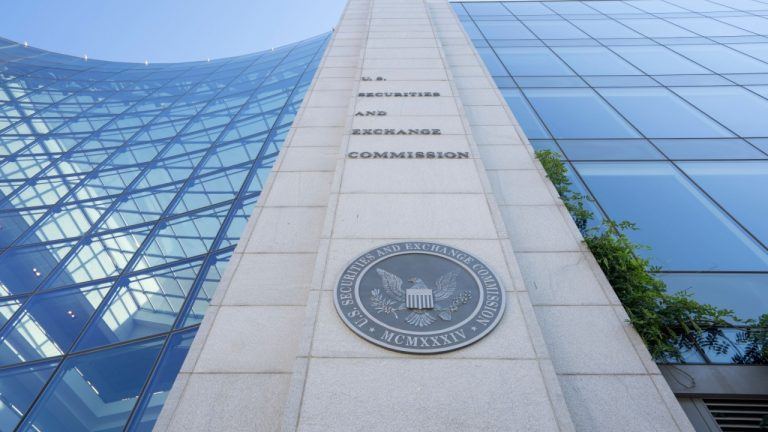Nigerian Lawmakers Urged to Consider Regulating Crypto Industry After Proposal to Jail Ponzi Operators

The leader of the Nigerian blockchain association, Senator Ihenyen, has implored the country’s lawmakers — currently pushing for the securities law to be revamped — to consider crafting laws that regulate the crypto industry.
Proposed Law Does Not Expressly Mention Cryptocurrencies
As Nigerian lawmakers debate a bill that proposes a ten-year jail term for operators of Ponzi schemes, a leader of a Nigerian blockchain lobby group, Senator Ihenyen, has urged the country’s lawmakers to consider crafting a law to govern the cryptocurrency industry. He argued that an “unregulated crypto space is not in anyone’s best interest.”
Ihenyen, who heads the Stakeholders in Blockchain Technology Association of Nigeria (SIBAN), however, concedes that while the proposed bill does not expressly mention or refer to digital currencies, crypto Ponzi schemes are included in what the lawmakers call “prohibited schemes.”
The remarks by the leader of SIBAN follow reports that Nigerian lawmakers had passed a bill to repeal and re-enact the country’s Capital Markets, Investment and Securities Act for a second reading. Ibrahim Babangida, one of the lawmakers leading the push to have the law changed, is quoted in a Premium Times report explaining why this needs to be changed. He said:
The bill prohibits Ponzi/Pyramid Schemes as well as other illegal investment schemes and prescribes a jail term of not less than 10 years for promoters of such schemes.
In addition to seeking a custodial sentence, lawmakers also want the new law to grant the Nigeria Securities and Exchange Commission the power to shut down Ponzi schemes. The lawmakers also insist the current law is not compatible with present trends in capital markets regulation, hence the need to revamp the act.
Most Alleged Crypto Ponzis Have Nothing to Do With Cryptocurrencies
Meanwhile, Ihenyen explained to Bitcoin.com News that even though so-called crypto Ponzi schemes have dominated headlines, it later turned out that some of these investments had nothing to do with cryptocurrencies. He said:
The tricky part with most so-called crypto Ponzi schemes, however—which I must point out—is that many of these so-called ‘crypto ponzis’ have nothing to do with crypto, except that crypto was used to collect the unsuspecting participants’ funds, just the same way these bad actors could have used fiat currencies.
In instances when crypto is actually involved, if such crypto is not a scam or scam-coin, then “you find that it is often not the crypto invested that failed.” Rather it is the promoters or marketers, who eventually misappropriate participants’ funds or simply disappear, thus causing the investment to collapse, Ihenyen said.
In conclusion, the SIBAN president said “as long as this [proposed law] seeks to protect investors and consumers, it is welcomed.”
What are your thoughts on this story? You can share your views in the comments section below.






